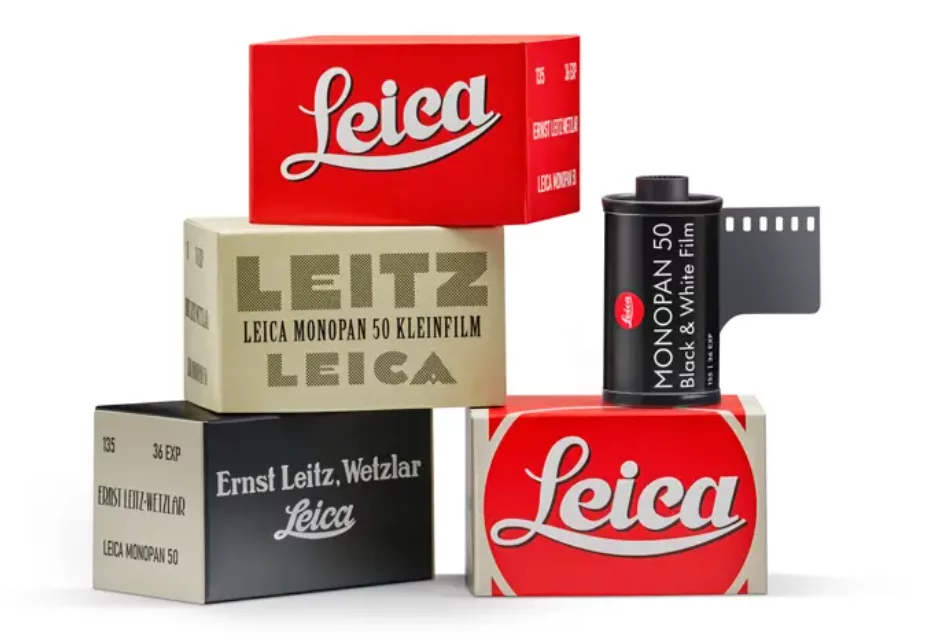If you’re a photographer on Instagram and you’ve had your picture stolen – congratulations, join the legions of other creators who have had their work ripped off by other users on the world’s largest photo sharing social media platform.
FStoppers‘ Andy Day writes that not only is this practice common and rampant across the social media app, but it is tacitly condoned by Instagram which does next to nothing to help creators enforce their copyright.
We recently wrote about Instagram’s introduction of a “Regram” feature – the ability to re-post a picture you like that another user has submitted to the site. It is believed such a feature will help reduce the rampant copyright infringement on the app.
In a cogent summation of Instagram’s incentive to turn a blind eye to photo stealing, Day writes that more photos means more views which will inevitably translate into more users for the app, a cycle that feeds itself and is the engine of growth for the platform.

To be fair, some people want their work to be shared, no matter how it is done, but for some creators who cherish having a degree of control over their images, Instagram’s system can be a daunting labyrinth of automated responses and latent action.
“Freebooting,” or taking another user’s image and sharing it on your own account as if it were your own, is quite common across Instagram.
As noted above, until the “Regram” feature is rolled out universally, there has never been an easy way to share another user’s photo and give them proper credit on the website. As with all things, ease of use often translates into better experiences for everybody, but Instagram has so far eschewed this common feature found on other social media platforms.
For its part, Instagram admonishes its users to post original content and to not steal content from others, but this is statement is probably rarely, if ever, read by actual users.
One interesting problem Day points out is the ability of online commercial websites to use others images for profit. While often not done in a malevolent fashion, this reposting of content from other contents for the purpose of advertising a product ties that creator to the company’s product, whether intentional or not – not to mention the original photographer is not getting paid a licensing fee for said picture.
If you’d like to read more about his thoughts on this issue of our times, head on over to FStoppers by clicking here.





1 Comment
You can’t post your work onto any photo sharing website and expect to remain in control of it. It’s the Catch-22 of the Internet. Sure, a lot of people will see your work. But, that also means a lot of people will have the possibility of copying it and using it. Copyright is truly unenforceable. There is so much photography, (generic in nature- such as the lonesome figure staring at a mountain), that the monetary value of any single photograph has been significantly reduced. If you want your photos, to retain value, and allow you complete control, then don’t post them publicly on the Internet. Submit them to a reputable stock photo agency.